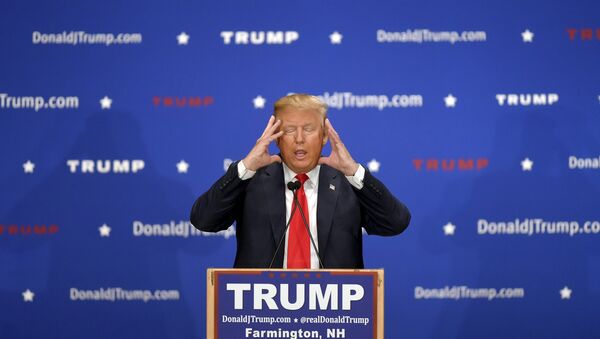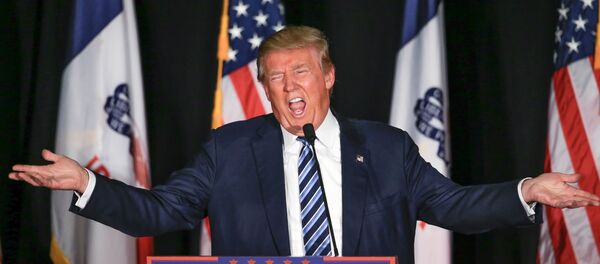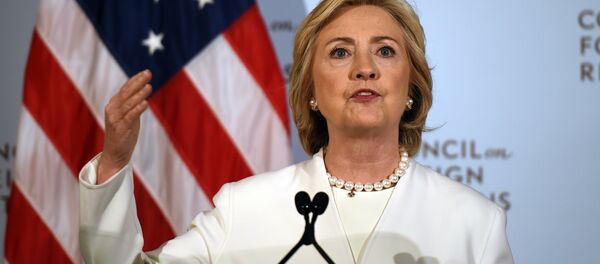"To stop Trump, [the Republican Party] would have needed a time machine, they would have needed Back to the Future 4, I guess, to go back and sort of unplug the Fox News noise machine," political essayist Chauncey DeVega tells Loud & Clear host Brian Becker.
"But, going forward, if Trump doesn’t reach that magic number, they’re going to have to choose between trying to have an outsider like Mitt Romney, or, in many ways a worse nightmare, Ted Cruz, who is one of the most conservative, right-wing extremist candidates we have ever seen in modern American political history."
Brokered conventions, in which a political party comes together to redistribute delegates to choose a presidential nominee, have historical precedent, especially given that the idea of democratically electing a party’s presidential candidates is fairly new concept.
"[Primaries] got more and more common…particularly in the 1960s," secretary of the California Peace & Freedom Party Kevin Akin tells Radio Sputnik. "Prior to that it was the party leadership…that determined who the delegates were from a particular state to the convention."
While the Republican Party could theoretically prevent billionaire Trump from winning the nomination – even if he wins the popular vote – the move could backfire.
"His folks are going to feel, quite logically…that the possibility of his becoming president has been stolen from him, so it’s anti-democratic," DeVega says. "Do the Republican elites then go, ok, having Trump and coming up with this consensus and coming up with the VP [vice president] candidate…that maybe that’s the best way of saving the party?
"Either way it’s going to be a big mess."
While the Republican Party is clearly undergoing a crisis of identity, the Democrats are attempting to undo turmoil of their own.
"We need to keep in mind, too, that there’s a similar dynamic on the Democratic side, in that many new people have come in to vote for [Vermont Senator] Bernie Sanders," Akin says.
A similar situation could occur, in which Democratic voters, feeling that Sanders was robbed of the nomination, could refuse to vote for establishment favorite Hillary Clinton.
All of which makes for a very unpredictable general election.
"Hillary is winning with the insiders…Bernie and Trump are both playing on a wellspring of populism, although it’s manifesting itself in some very different ways," DeVega says. "You have Hillary the technocrat, and the question becomes, does the technocrat line up better against Trump the populist?
"I think Donald Trump has a far wider and deeper base of support than the polling data suggests, and in many ways I think he’s a far more dangerous candidate than the insiders and commentariat want to believe."




